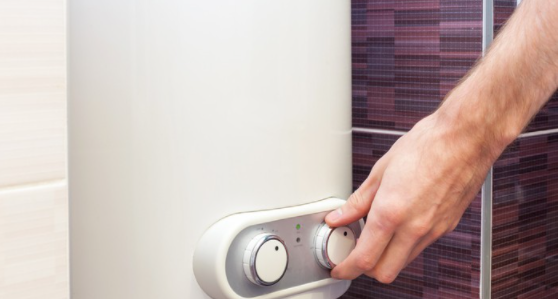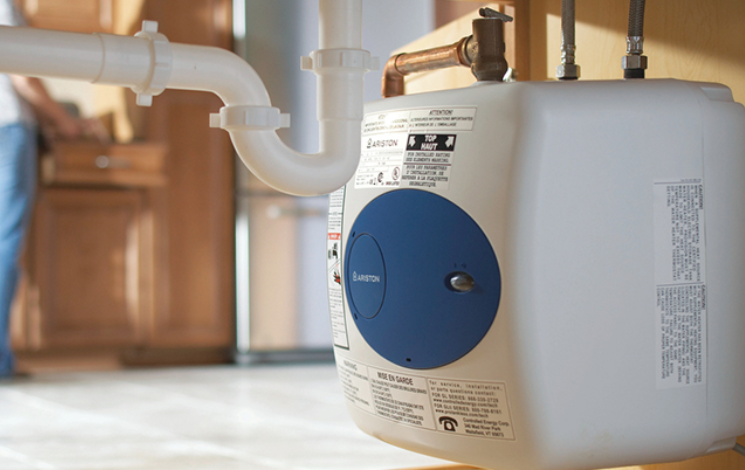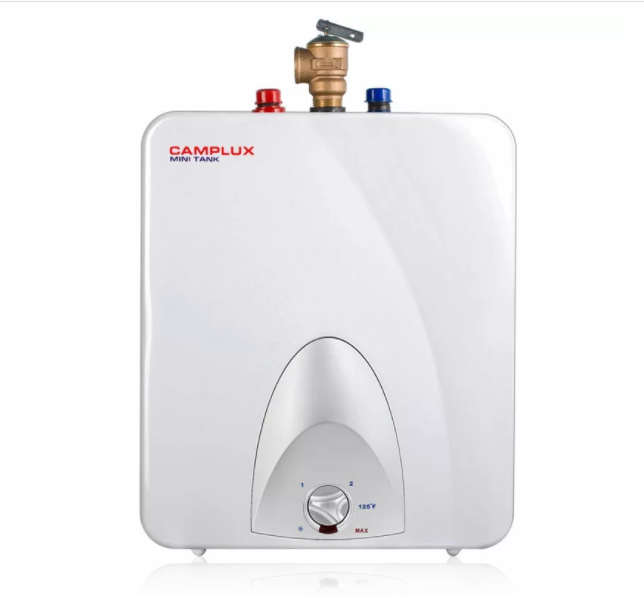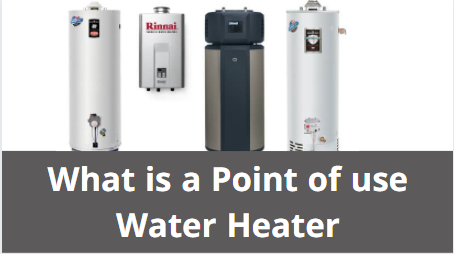With the arrival of every winter, the first thing that we fix is if there is any problem with the hot water heaters. In case there is, and you do not have that much time then there is an alternative to that; point of the Use water heater. In this blog, you will find out about what is the point of using a water heater, types, and other related information to save your time.
What is a point of use water heater

Point of use water heaters can help you avoid the long wait for hot water once you turn on the tap. It may seem self-evident, but the length of time you must wait is determined by the distance between the faucet and the water heater. Installing a point-of-use hot water heater is a common approach to remove the wait.
A little gadget that warms water extremely close to where it’s used, such as a sink, shower, bathtub, or washing machine, as the name implies. Because it’s close to where hot water is needed, additional titles like “on-demand point of use hot water heater” or “POU water heater” or “point of service water heater” or “POS water heater” are often used.
A cornerstone of the modern world is the availability of hot water throughout our houses. The whole house is heated by one or more tank-type or tankless water heaters, but many homes have one or two hot water faucets that are too far away from the water heater to obtain hot water quickly.
Service station A increasing number of households are opting for water heaters because of the improved comfort, convenience, and efficiency they give.
Types of Point of Use Water Heater

Similar to other water heaters, a point-of-use water heater is categorized into types too. This includes
- Tankless
- With Tank
Point of Use Water Heater with Tank
It works similarly to a standard tank water heater, but with a much smaller tank because it’s meant to heat water in one or maybe two locations. The storage capacity of tank-type point-of-use water heaters ranges from 2.5 to 20 gallons. Because they eliminate the distance between the heating source and the fixture, they may give immediate hot water.
Point of Use Water Heater with Tankless
When a faucet is switched on or a button is hit, a point-of-use tankless heater starts operating, so there will be a brief delay for hot water, but just a few seconds. POU heaters with tanks are slightly quicker, but the waiting time is greatly decreased nonetheless. The advantage of a point-of-use tankless water heater is that it requires no maintenance.
How do point of use water heaters work?

Point-of-use (POU) water heaters come in both tank and tankless models, much like their bigger, centralized siblings.
Point-of-use electric hot water heaters are the most prevalent in both forms. Although gas POU water heaters are available, owing to venting and gas line restrictions, they are more difficult and expensive to install.
A heating element converts electrical energy into heat energy in electric POU tank water heaters.
The hot water is then stored, ready to be used anytime the faucet is turned on. Incoming cold water is heated as it flows through an electric POU tankless water heater.
They have a heating element, however, they require more amps of power to operate than a tank unit.
Are POS water heaters energy efficient?

It will be an environmentally responsible decision whether you have an electric or gas point-of-use water heater and whether it is tankless or contains a storage tank.
A point-of-use water heater prevents wasting water that would otherwise go down the toilet as hot water is transported from a distance.

It’s not uncommon to have to wait a few minutes for a shower, and given that the average shower uses 2.5 gallons of water per minute, the quantity of water wasted may be startling.
The first thing that comes out of the faucet is chilly water that was once hot.
Before the faucet was turned off, the water heater heated it and sent it to the pipes. When the water is heated, the energy needed to heat it is squandered.
Conclusion
It will be an environmentally responsible decision whether you have an electric or gas point-of-use water heater and whether it is tankless or contains a storage tank.
A point-of-use water heater prevents wasting water that would otherwise go down the toilet as hot water is transported from a distance. It’s not uncommon to have to wait a few minutes for a shower, and given that the average shower uses 2.5 gallons of water per minute, the quantity of water wasted may be startling.
The first thing that comes out of the faucet is chilly water that was once hot. Before the faucet was turned off, the water heater heated it and sent it to the pipes. When the water is heated, the energy needed to heat it is squandered.
Homeowners who want to add one or more point-of-use water heaters should first figure out where they’ll be most useful and how much hot water they’ll need, then consult a certified plumber for thorough, safe installation.
